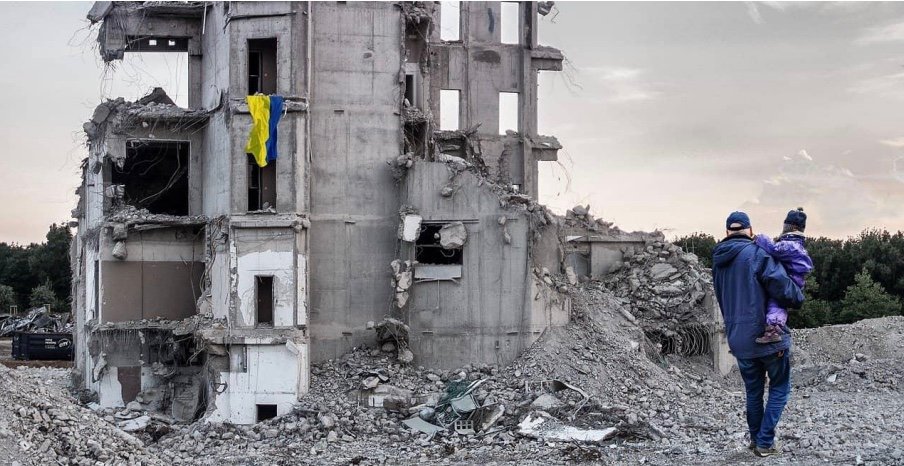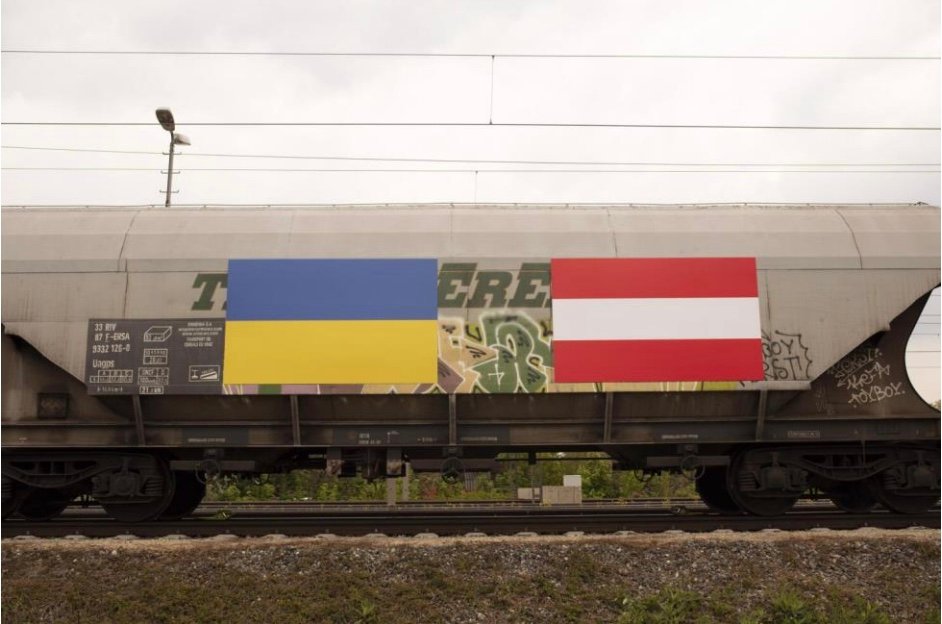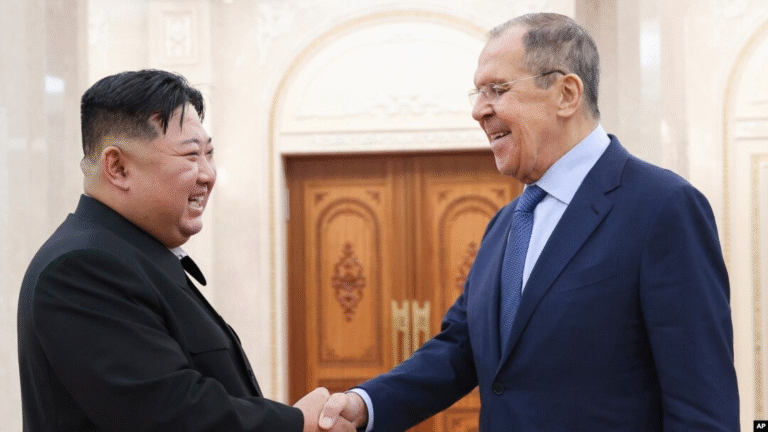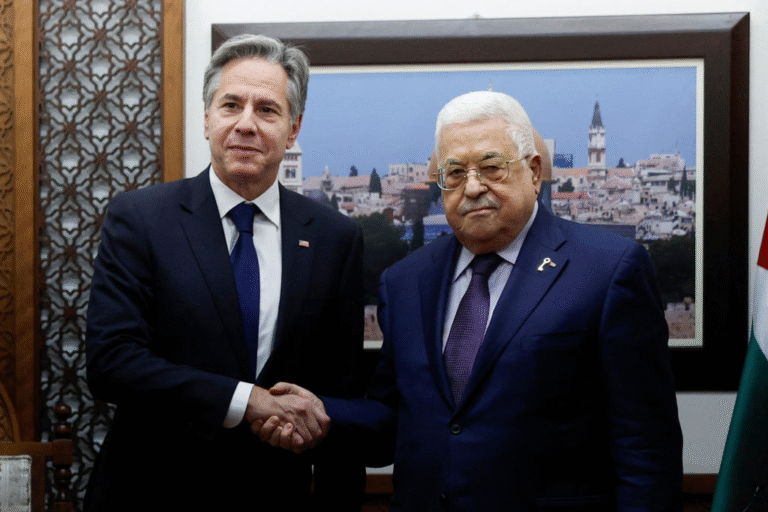
Grain Cargo ship sailing through the Bosporus Straits
Photo Credit – REUTERS/Mehmet Emin Calsikan.
Sahil Bhakta
The America-Eurasia Center
www.EurasiaCenter.org
Eurasia Brief
US-Europe Program
America-Eurasia Business Coalition
www.usebc.org
The Russian Federation is refusing to extend a United Nations-backed deal that has allowed
Ukraine to export grain and other agricultural items during the ongoing invasion. Known as the
Black Sea Grain Initiative, the agreement came into fruition in July 2021 and has allowed millions
of tons of wheat, barley, corn, and other food products from certain Ukrainian ports, which had
been nicknamed the “breadbasket of Europe” to countries of the third world.
The Russian invasion of Ukraine in February 2022 led to a complete and utter halt of maritime
grain shipments from Ukraine, which were previously exported via the Black Sea. Furthermore,
Russia temporarily halted its own grain exports, exacerbating the situation even more. This halt in
shipments resulted in a rise in world food prices and the threat of famine in lower-income and
developing countries, as well as the accusation that Russia was weaponizing food supplies.
To address this issue, Turkey hosted negotiations to seek a right of passage for Ukraine’s grain in
April 2022, as the country controls the maritime routes from the Black Sea, in conjunction with the
United Nations. The Black Sea Grain Initiative Agreement was signed in July 2022 and was valid
for a period of 120 days, and it created procedures to safely export grain from certain ports in
Ukraine to address the food crisis.
The original agreement has been extended many times over, the most recent in May 2023, where
the deal was again extended for a period of 60 days, set to expire on July 18, 2023. By mid-July,
Russia repeatedly made claims through its Foreign Ministry that the deal was not satisfactory and it
would pull out if its demands were not met. Due to their role in ensuring global food security,
Russian food and fertilizers have escaped sanctions over the invasion of Ukraine, but Russian
officials argued that sanctions-related restrictions on its banking, transit, and insurance made
international trade difficult for Russia.
The Russian Federation insisted on reconnecting the Russian Agricultural Bank to the Swift
international payment system as well as the unblocking of assets and accounts of those Russian
companies involved in food and fertilizer exports in order to make the deal more agreeable to them.
But, the most important demand of the Kremlin was the resumption of the Togliatti-Odesa pipeline,
which runs from the Russian city of Togliatti to various Black Sea ports in Ukraine. In early July,
Russia once again demanded that the reopening of the pipeline was a condition of the deal, but a
few days later, a section of it was destroyed in Ukrainian territory. While there is no definite answer
on how it was blown up, the fate of the deal was sealed.
By July 17, 2023, the agreement was not extended or renewed by Russia, causing the deal to
expire. Without Russia’s support, grain shipments going through the Black Sea corridor are not
going to be guaranteed safe passage. Soon after the deal expired, the Russian Ministry of Defense
announced that it would consider ships sailing to Ukrainian ports as military targets. As of July
31st, Russia bombing has destroyed 180,000 tons of grain crops, 26 port infrastructure facilities,
and five civilian vessels.
Wheat prices have risen sharply in many countries, especially within the Middle East and Northern
Africa, which are facing a severe food crisis following the falling apart of the Black Sea Grain
Initiative. Before the Russian invasion of Ukraine, the MENA region imported over 36 million tons
of grains from the two countries. 20 to 25% of the world’s most food-insecure populations are in
the MENA region, meaning those countries will be the hardest hit by the lack of Russian and
Ukrainian grains.
A spike in grain prices means a higher cost of food products for countries that have been hit by
shock after shock over the last few years: humanitarian conflicts, climate change, the COVID-19
pandemic, and a global economic slowdown. The United Nations estimated that up to 738 million

people faced chronic hunger in 2022, which is roughly 9.2% of the world’s population, and that
number is only grows higher due to the consequences of the war in Ukraine.
Many African leaders have called for the renewal of the Black Sea Grain Initiative, as the
disruption of grain supplies has harmed people around the globe. As a result of Russia’s withdrawal
from the Black Sea Grain Initiative, more than 20 African leaders did not attend the Africa-Russia
summit in St. Petersburg, decreasing attendance from 43 to 17.
Pope Francis of the Vatican City called on Russia to restore the agreement, as the steadily rising
wheat prices have started to reignite fears in Europe that the war in Ukraine will spark a global food
security crisis. Corn and soybean prices have also edged up since the Kremlin announced it would
not renew the agreement, climbing nearly 5% over the last two weeks.
At the moment, the future of the grain deal remains unclear. President Putin has left the door open
to reviving it, saying that Russia will rejoin once Russian demands are met. But, the fact that
Russian forces have launched several attacks on the critical grain export infrastructure in the Odesa
region suggests that a complete resumption of the deal appears unlikely anything soon.
The President of Turkey, Tayyip Erdogan, recently called President Putin and urged him to resume
the deal, and as of Wednesday, August 2nd, both leaders agreed that Putin would visit Turkey.
Although they did not release a date, a Turkish official stated that discussions will take place in late
August.
U.S. Secretary of State, Antony Blinken, took aim at the Russian Federation at the UN Security
Council on Thursday, August 3rd, accusing Moscow of blackmail over its recent withdrawal from
the Black Sea Grain Initiative deal. He singled out Russia while chairing the meeting, saying its
invasion of Ukraine last year had sparked an assault on the global food system and lambasted
Moscow for pulling out of the deal.
Washington intends to issue a joint communique condemning the use of food as a weapon of war,
which has already been signed by 91 other countries around the world. Blinken also announced that
$362 million in new funding would be available for programs to combat food insecurity and
malnutrition in Africa.

The destruction of grain is a significant challenge that affects food security and economic stability.
Various factors contribute to this issue, such as poor infrastructure, inefficient handling practices,
and adverse weather conditions. Inadequate storage facilities and inappropriate packaging can also
lead to spoilage and waste of valuable grain resources. Addressing these problems requires a
comprehensive approach that involves the cooperation of governments, private sector stakeholders,
and local communities.
One of the most effective solutions for rerouting grain and mitigating its destruction is through the
establishment and enhancement of efficient rail transportation systems. Railways offer a costeffective and reliable means of moving large quantities of grain across long distances. By investing
in and protecting existing rail infrastructure, grain can be transported in bulk, reducing handling
time and minimizing the risk of damage during loading and unloading. Additionally, wellmaintained rail networks can withstand adverse weather conditions, making them a dependable
alternative to vulnerable road and sea transport.
Collaboration between agricultural producers, rail companies, and international agencies is crucial
to optimizing the rerouting of grain via rail. IGOs can incentivize the private sector to invest in rail
projects by offering financial support. Furthermore, public-private partnerships can be established
to ensure the efficient operation and maintenance of rail networks. Training programs and
workshops for farmers and workers in handling and loading procedures can also enhance the
overall safety and preservation of grain during the transportation process.

In regions in Ukraine where rail infrastructure is lacking, due to the ongoing invasion or other
circumstances, innovative solutions can be explored, such as using mobile grain storage units that
can be transported directly to the farms or grain storage facilities by trucks. These units can then be
loaded onto railcars for long-distance transportation, reducing the need for excessive handling and
minimizing the risk of grain destruction. Implementing modern technologies, like IoT sensors and
data analytics, can help monitor grain conditions in real time, enabling timely intervention and
preventing spoilage.
Furthermore, promoting sustainable farming practices can indirectly contribute to reducing grain
destruction. By encouraging the adoption of crop rotation, efficient irrigation methods, and pest
control measures, crop yields can be increased, leading to a surplus of grain. This surplus can then
be redirected to rail transportation for distribution to areas in need, thereby reducing the overall
wastage of grain resources and fostering a more resilient food supply chain. Recently, Erdogan has
gotten Vladimir Putin to agree to discuss the Black Sea Initiative in a meeting at the end of August
2023.



